Description
Engage your students with information on World War 1 and it’s impact on Texas History with a variety of activities. Your students will learn vocabulary terms with Word Wall images and a Vocabulary Choice Board, examine primary source images, analyze a primary source song, read informational text, complete Doodle Notes, and share their learning with a variety of processing activities.
You’ll receive:
• 10 different Word Wall Images for World War 1,
• a Vocabulary Choice Board to review key terms,
• Eight pages of Informational Text on World War 1 and it’s impact on Texas History including the causes of World War 1, weapons of World War 1, and the political, economic, and social impact of World War I on the history of Texas.
• Seven Image Analysis handouts and 1 Song Analysis handout.
• Multiple activities to process the information, including poetry, Sensory Figures, Mixed Up Sentences, Three, Two, One, and more!
Students of all ages will enjoy this activity – provide novelty to your older students with activities that engage all sides of the brain.
⭐Please download the preview to see more information on this resource. ⭐
Doodle notes is a trademarked term used with permission. Please visit doodlenotes.org for more information.
2019 TEKS for 7th Grade Texas History
7.7 History. The student understands how individuals, events, and issues shaped the history of Texas during the late 19th, 20th, and early 21st centuries. The student is expected to:
(E) analyze the political, economic, and social impact of World War I, … on the history of Texas
7.19 Science, technology, and society. The student understands the impact of scientific discoveries and technological innovations on the political, economic, and social development of Texas. The student is expected to:
(A) compare types and uses of technology, past and present
7.20 Social studies skills. The student applies critical‐thinking skills to organize and use information acquired through established research methodologies from a variety of valid sources, including technology. The student is expected to:
(A) differentiate between, locate, and use valid primary and secondary sources such as media and news services, biographies, interviews, and artifacts to acquire information about Texas
(B) analyze information by applying absolute and relative chronology through sequencing, categorizing, identifying cause‐and‐effect relationships, comparing, contrasting, finding the main idea, summarizing, making generalizations and predictions, and drawing inferences and conclusions
(C) organize and interpret information from outlines, reports, databases, and visuals, including graphs, charts, timelines, and maps

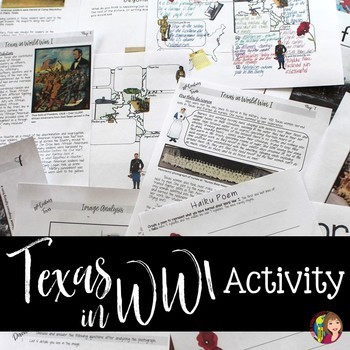


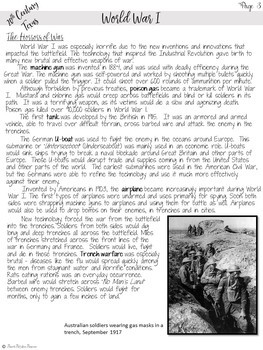
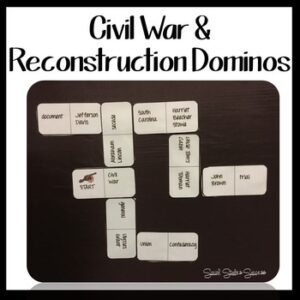
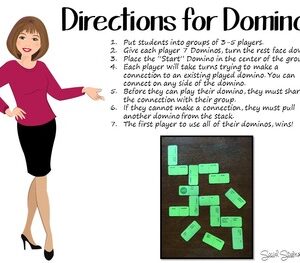
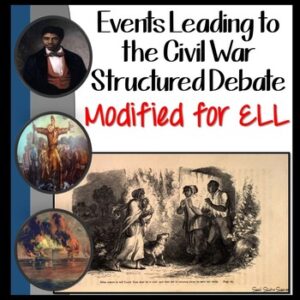
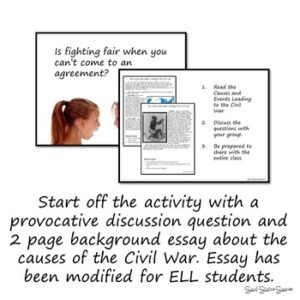

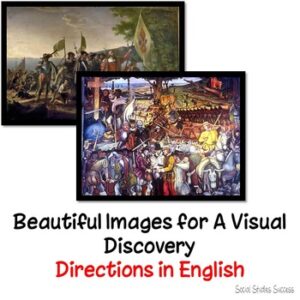

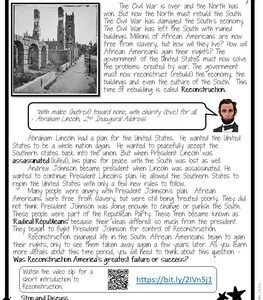
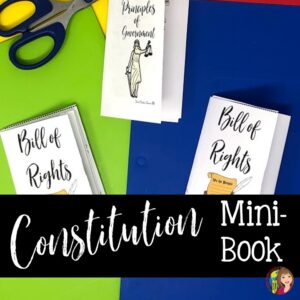

Reviews
There are no reviews yet.